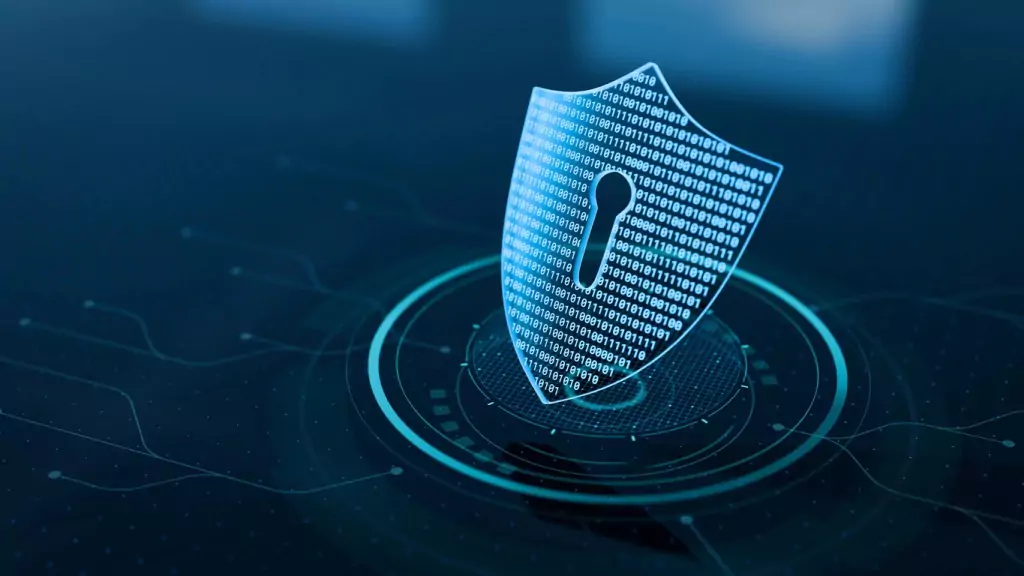
Cybersecurity for Industrial Equipment: A MUST.

With ever-changing technologies, the impact of cybersecurity in all industries is immense.
In simplest terms, cybersecurity is using technologies and practices to ensure computer systems and electronic data remain safe from security breaches. The goal of enlisting these services is to protect all technological aspects of the company using various tools. If there is a threat, they can reduce the impact.
There’s been a major increase in cybersecurity across the nation. Businesses conducted much of their dealings over the phone or face-to-face years ago. Still, now, it’s often done over email or teleconference, leading to a higher threat of cyber crimes. While we can understand how this impacts corporate companies, how would this concern manufacturing?
It’s an absolute must for industrial and manufacturing industries to use cybersecurity. Process Unity states, “In 2022, manufacturing firms suffered over 130 data breaches which exposed 38 million records.” Many industrial companies are targeted due to a lack of investment in programs, and often attackers want access to customer bases. A cyber-attack can be so powerful that it can shut down operations, leading to downtime and operational chaos.
There are usually four common ways in which cyberattacks are carried out. Phishing and ransomware allow attackers to access networks, thus having control and forcing management to pay up or lose valuable data. Insider attacks can lead to production slowdown and make tracking where the attack originated harder. Companies often incorporate tools within industrial control systems, such as supervisory control and data acquisition (SCADA). Because they weren’t intended to work with cloud technologies, it can create easy access for compromise from attackers. Lastly, because manufacturing companies are often connected to third-party suppliers, those connections can become compromised, thus affecting the main party.
To be aware of a potential breach, look for emails containing malicious links or attachments, and ensure all employees know how to recognize and report them. Ensure terminated employees no longer have access to systems and monitor abnormal activity or data movement seemingly from the inside if tool connections are acting finicky during off hours; in that case, that’s a major red flag that must be addressed immediately.
Prioritizing robust cybersecurity measures is no longer a luxury, but an absolute necessity. The cost of inaction, which can lead to significant financial and operational losses, far outweighs the investment in proactive defense. This underscores the urgency and importance of the topic.
